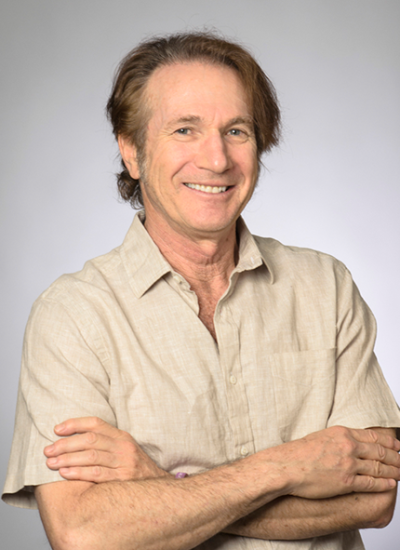Walter T. Klimecki, DVM, PhD, is an Associate Professor in the Department of Pharmacology and Toxicology in the College of Pharmacy at the University of Arizona. Dr. Klimecki holds joint appointments in the College of Medicine, the College of Public Health, and the Arizona Respiratory Center. He is a Full Member of the Southwest Environmental Health Sciences Center (SWEHSC) where, together with BIO5 director Martinez and BIO5 Statistics Consulting Service director Billheimer, he leads the Integrative Health Sciences (IHS) Center at SWEHSC. The IHS is a translational research support core at SWEHSC, focused on lowering the “activation energy” for translational research.Dr. Klimecki’s research focuses on the toxicology of metals in the environment, an issue particularly relevant in our mining-intensive state. His research work has encompassed a wide range of experimental approaches, from epidemiological studies of arsenic-exposed human populations, to laboratory models including cell culture and rodents. Using cutting edge genetics tools, Dr. Klimecki’s group recently published the first report of an association between human ancestry and response to environmental toxicants. In this provocative work, his group found that individuals whose genomes were comprised of DNA with its origins in the indigenous American populations processed ingested arsenic in a less harmful manner than did individuals whose genomes had their origins in Europe. Using laboratory models his group made ground-breaking discoveries of the impact of arsenic exposure on a process known as autophagy, in which cells digest parts of their own machinery in a sort of “cash for clunkers” arrangement. The ability of arsenic to perturb this process is only now being appreciated by the toxicology community, thanks to the work of the Klimecki Lab. Dr. Klimecki was recently elected as a Vice President-elect to the Metals Specialty Section of the Society of Toxicology, the preeminent scientific toxicology organization in the world. Dr. Klimecki’s research is highly collaborative: his grants and publications have included many BIO5 members, including BIO5 director Fernando Martinez, and BIO5 members Donata Vercelli, Dean Billheimer, and Marilyn Halonen.








